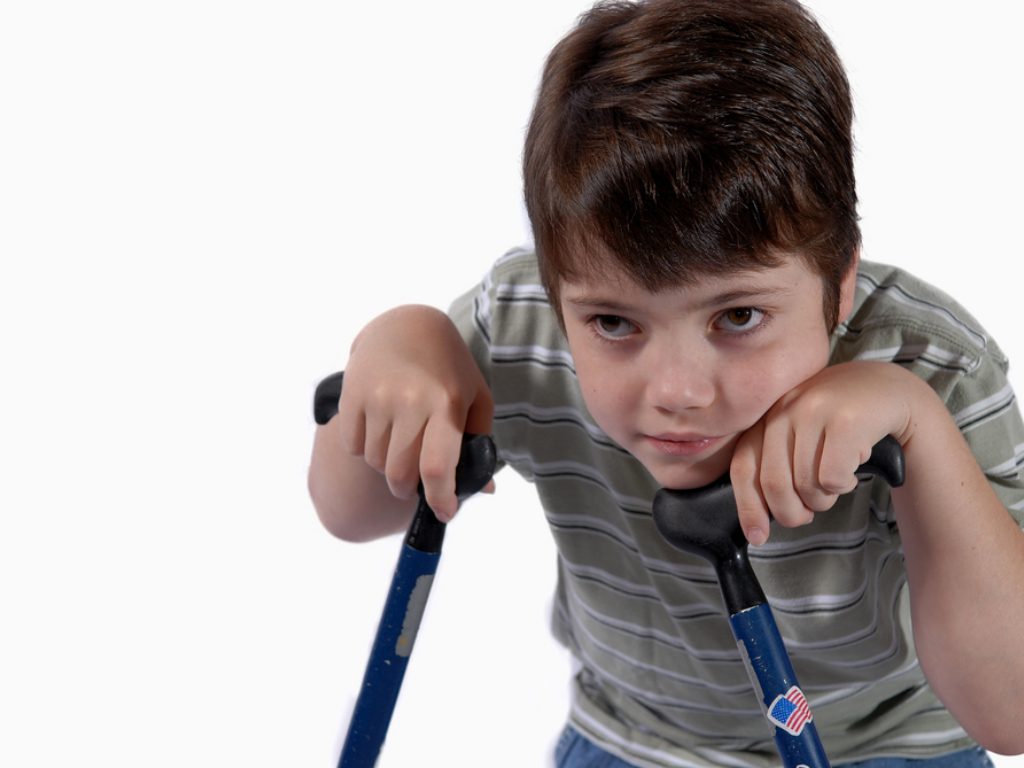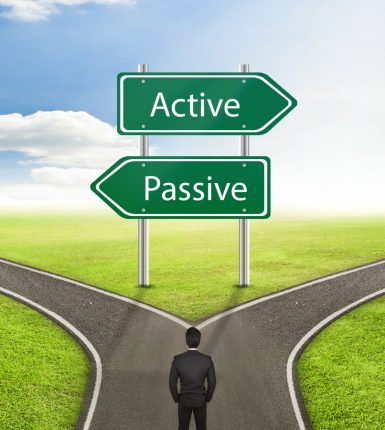I have read many really good Twitter posts and articles about healthcare professionals improving their skills in order to better support patients with persistent pain. I have read, and written, about the need for a good therapeutic alliance and for the healthcare professional and the patient to work together as equal partners to improve the patient’s functionality and pain.
However, as well as healthcare professionals working to improve their skills in order to better form those good therapeutic alliances and to be better able to undertake successful joint working, I feel that patients need to be supported to improve their ‘patient skills’.
If I reflect back on the care I received during my first few years of living with persistent pain, in my case largely from physiotherapists, those sessions were not, in my view, particularly successful. I could put forward a view that maybe one of the reasons was that my physiotherapists concentrated mainly on core exercises and another because they weren’t specialist and experienced enough to cope with my presenting condition.
I have no doubt there were a number of reasons from the physiotherapist side that resulted in those episodes of care being largely unsuccessful (in my view), but I wonder if there were some from my patient side also?
My current care is much more successful. I have a skilled, experienced, specialist physiotherapist, who treats me as a unique individual and uses good clinical reasoning and a variety of approaches.
However, I also now have a good understanding of what a physiotherapist can and can’t do and I am better practiced at being a patient. I am a more informed, and ‘better’, patient. I have good ‘patient skills’.
Surely it’s that combination of good physiotherapist skills and good ‘patient skills’ that has worked so well? Would one without the other work so well?
It could be argued that if I had had my current physiotherapist at the beginning of my care then all would have been wonderful, but would it? Is it only my healthcare professional’s skills that are pivotal? Does it matter what level my ‘patient skills’ are?
Just after my manual handling injury I was discharged from hospital and referred to physiotherapy. I had experienced an L5-S1 disc prolapse which was compressing my S1 nerve root. There is no doubt that I was in a desperate situation pain wise. I could barely walk, sit or stand and despite strong medication I was in excruciating pain.

Although I had worked with paediatric physiotherapists (I was a teacher in a special school), I had no experience of care from a physiotherapist as a patient before. I had no idea what to expect from a physiotherapist, and I’m sure I entered my sessions both naively and passively.
Would that passivity, and lack of awareness, have meant that my current physiotherapist would have found it more difficult to form a strong therapeutic alliance with me, and improve my outcomes to the extent that he now has? Would it matter that my ‘patient skills’ were low? I think so.
I have talked with various people outside of the clinical world (friends, family, colleagues, people I’ve met on trains etc) and I have found that my small sample of the ‘general public’ don’t really understand what physiotherapists, occupational therapists and other healthcare professionals do, and can do.
Why should we know what a physiotherapist, occupational therapist or other healthcare professional does? What information is put out into the public domain about what they do? Are we mainly reliant on word of mouth? Is this good enough? Hasn’t healthcare changed in recent years? Has what is said by word of mouth correspondingly changed?
When I became a patient, even though I had been working as a colleague with paediatric physiotherapists and paediatric occupational therapists, I had no idea what care from a physiotherapist, occupational therapist or other healthcare professional for me would look like. I can’t be alone!
I know from discussions with my family and friends that some patients find en episode of care from a physiotherapist, or other healthcare professional, very effective whilst others don’t. I am sure that for some people (not everyone) that if they knew more about what healthcare professionals do in advance of the need for care, and they knew more about how to make the most of their care, and they realised that they too have a responsibility in the therapeutic partnership, that their care would be far more effective.
With a different understanding, and outlook, to their episode of care some people might be able to take better advantage of their care, and could thereby increase their independent living skills and quality of life. I’m sure I could have.
I accept that there will always be patients that are ‘hard to reach’, and that there is a wide range of ‘patient skills’ that is maybe necessary or beneficial, but I am convinced that if I had understood more about the care I was to receive that my situation may well have been different. I really can’t be alone in this.
Perhaps if nothing else I would have understood enough, and been confident enough, to tell my physiotherapist that the core exercises I was being asked to do weren’t working sufficiently for me.
I could have been empowered to ask for, and agree, an emphasis being put on functional activities, including the basics of sitting, standing and walking. I had no real idea at the time that a physiotherapist could, or maybe even should, help me with this!
You might argue that my treating healthcare professionals could have been improving my functional skills anyway. However, my point is that even if they weren’t, if I had been empowered to have better ‘patient skills’ then I could have worked more in equal partnership with them, thereby hopefully improving my situation further. I so wish I had!
What could have helped?
Reflecting back to the time I was discharged from hospital what could have helped me to be a more informed and ‘better patient’?
Well, I would first argue that it would have helped me if there had been more public awareness of what physiotherapists, occupational therapists and other healthcare professionals do, as then I personally might have had a better idea.

At the time of hospital discharge, it would have helped me if a healthcare professional, or other clinician on the ward had explained to me about what to expect from an episode of care from a physiotherapist, and how I could make the most of it. I was there for 5 days so they had plenty of time to do it!
Being given a leaflet, either on the ward or once I commenced an episode of care, describing what to expect from that care would have helped, including how as a patient you can get the best from your care. Perhaps being pointed towards relevant information on the Internet would have helped too.
When I started my first session of physiotherapy care the opportunity could have been taken to explain what to expect, and to talk with me about my part to play in it. I don’t remember this happening. There were a number of subsequent occasions this could have happened, as I received a number of episodes of care, but I don’t think it did.
I don’t remember being given any leaflets about how a physiotherapist works or any website signposting. I don’t remember being told that I could access occupational therapy support, and how this could be beneficial to me.
I don’t remember being told about different treatment options and being able to collaboratively choose one with my physiotherapist. I don’t remember being told about any strong biases my physiotherapist might have. Maybe they didn’t have any. I don’t remember being told about the experience of the treating physiotherapist and any specialisms they may have had.
An ocean begins with a raindrop
I realise that a campaign to improve public awareness of a physiotherapist’s role, and how to take best advantage of an episode of care would likely be a big undertaking and no doubt expensive, but isn’t this important? Isn’t this beneficial for all concerned, and maybe cost effective in the long run?
As well as the Department for Health, the HCPC, the CSP and other relevant organisations having a role to play in making the general public better informed, don’t all hospitals, GP surgeries, physiotherapy clinics and individual physiotherapists have a role to play too?
I know many physiotherapy clinics, physiotherapists and others already provide much information to patients about their care, but do they all? Could any of this be done better? Obviously I don’t know.
I remain convinced better awareness and understanding about what a physiotherapist does would have meant better outcomes for me. I remain convinced I can’t be alone in this.

I get the impression I might currently be a lone voice in the drive to increase patient awareness and understanding of what a physiotherapist can and can’t do, but I don’t know.
It could be that I am currently a lone voice in the emphasis I place on the benefits of improving patient awareness and ‘patient skills’, but as one Twitter peep said to me, ‘an ocean began with a raindrop’. I do hope there are many other fellow raindrops out there already, I’m sure there must be. I hope many others will form.
I hope that increased recognition will be given to the need to better inform the public about the work of a physiotherapist, and how to make the most of an episode of care. I hope that everyone will play their part in addressing this. I am happy to play mine.
I am personally convinced this would help many people become less-disabled, and better able to live well with persistent pain, but what do you think?
I am very happy to receive comments on this post.
Tina










